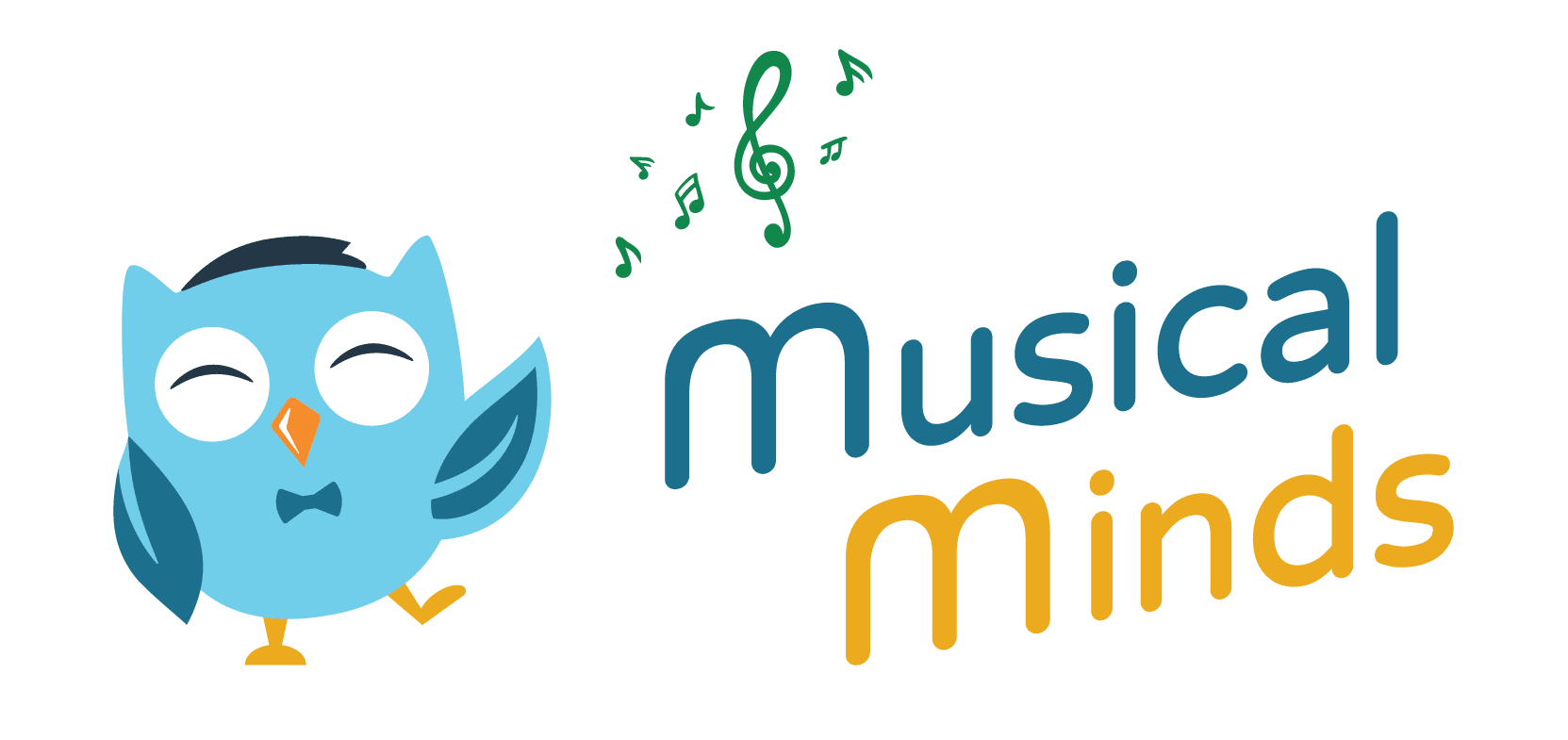Group Music Classes
Group Music Classes & Instrumental Lessons
At every step of their development, a child’s mind is evolving and growing to better connect with the environment around them. Our team of instructors at Musical Minds understand the month-to-month changes a child experiences—we’re parents ourselves after all!
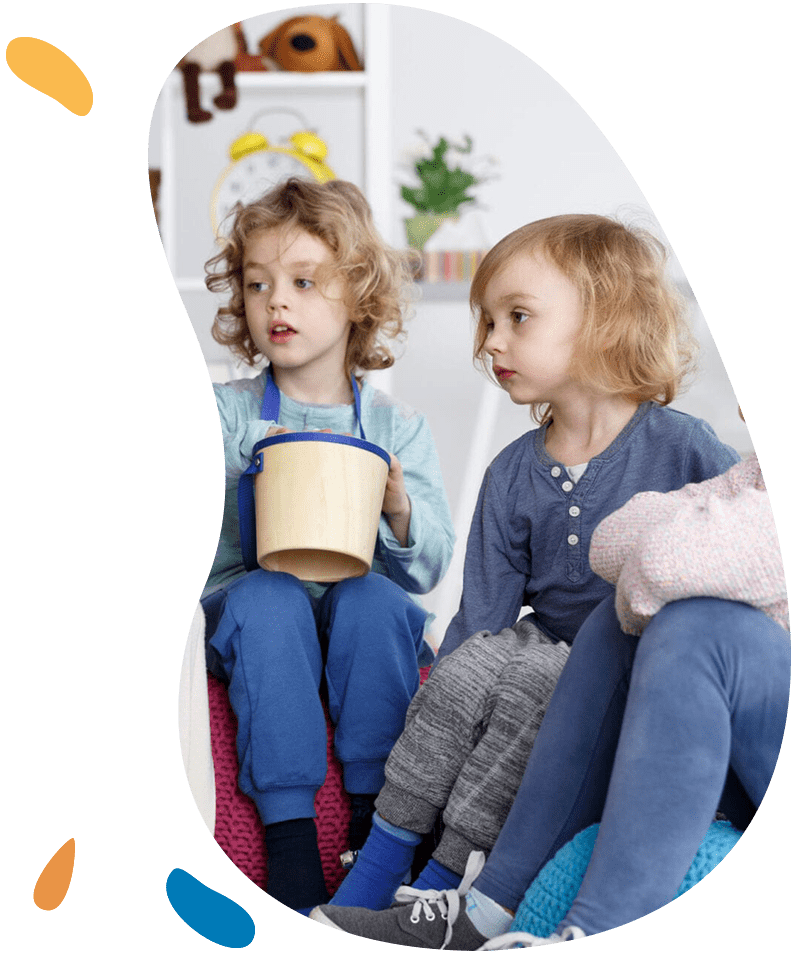
Babies
3 Months–12 Months
Our Babies classes are set in a comforting and gentle environment where you and your child are encouraged to explore sound together. You will be guided through songs and activities that can be easily incorporated into your daily routines.
- Exploring new sounds and communicating together through music
- Responding to the parent and teacher’s vocal play
- Playing baby-safe instruments that connect the child with the music
- Listening to musical stories and experiencing songs, chants and rhymes from our community and the world
- Connecting to the musical beat and rhythm of nursery rhymes and everyday routine songs
- Puppet play
- Movement using sensory objects; scarves, ribbons, parachute, soft materials
- Lap play songs and games
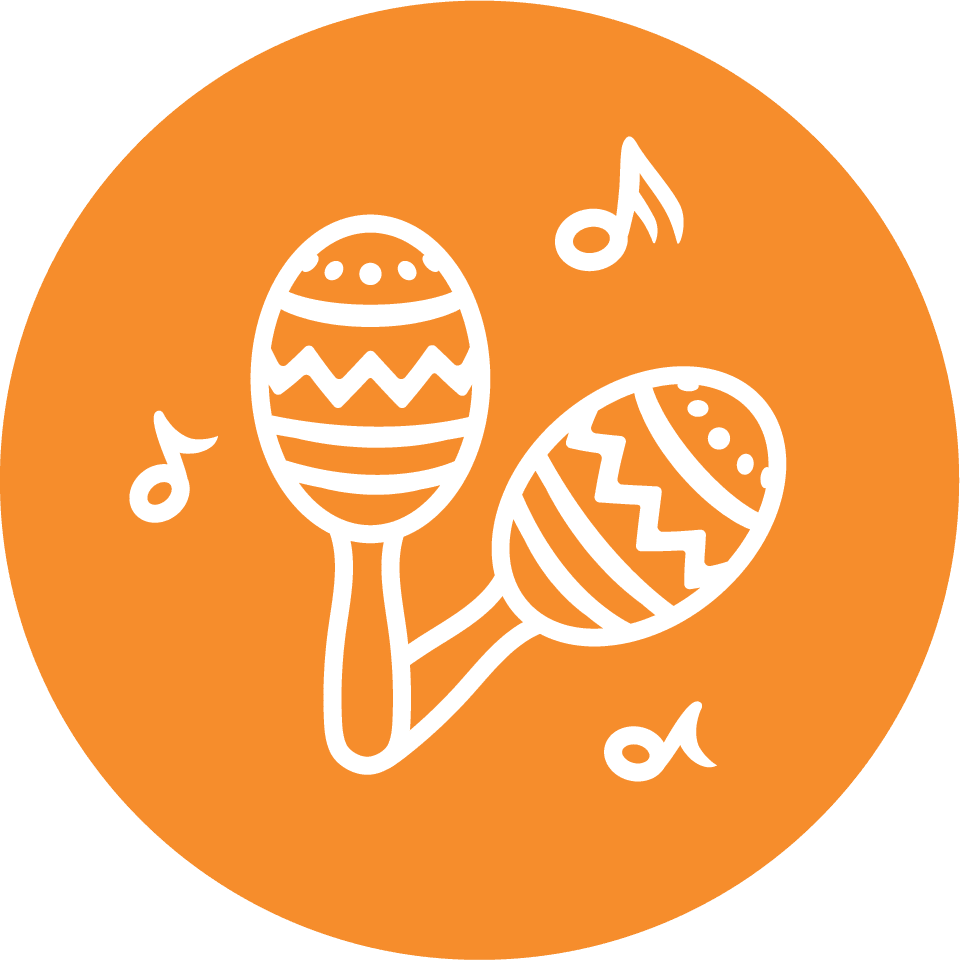
Toddlers
10 Months–24 Months
Your kids are on the move and our Toddlers classes here to guide you through activities and songs that you can sing and play daily. This includes imaginative musical play through storytelling and puppets, dances, and instrument play to develop coordination and confidence.
- Exploring instrumental sounds and communicating together through music
- Responding to the parent and teachers vocal play
- Playing percussive and pitched instruments (xylophones) that connect the child with the purpose of the song
- Listening to musical stories and participating in creating song stories
- Singing and experiencing songs, chants and rhymes from our community and the world
- Connecting to the musical beat and rhythm of nursery rhymes and everyday routine songs
- Imaginative musical play through Puppets and actions
- Movement and Dance using sensory objects and instruments; scarves, ribbons, parachute, soft materials
- Lap play songs and games
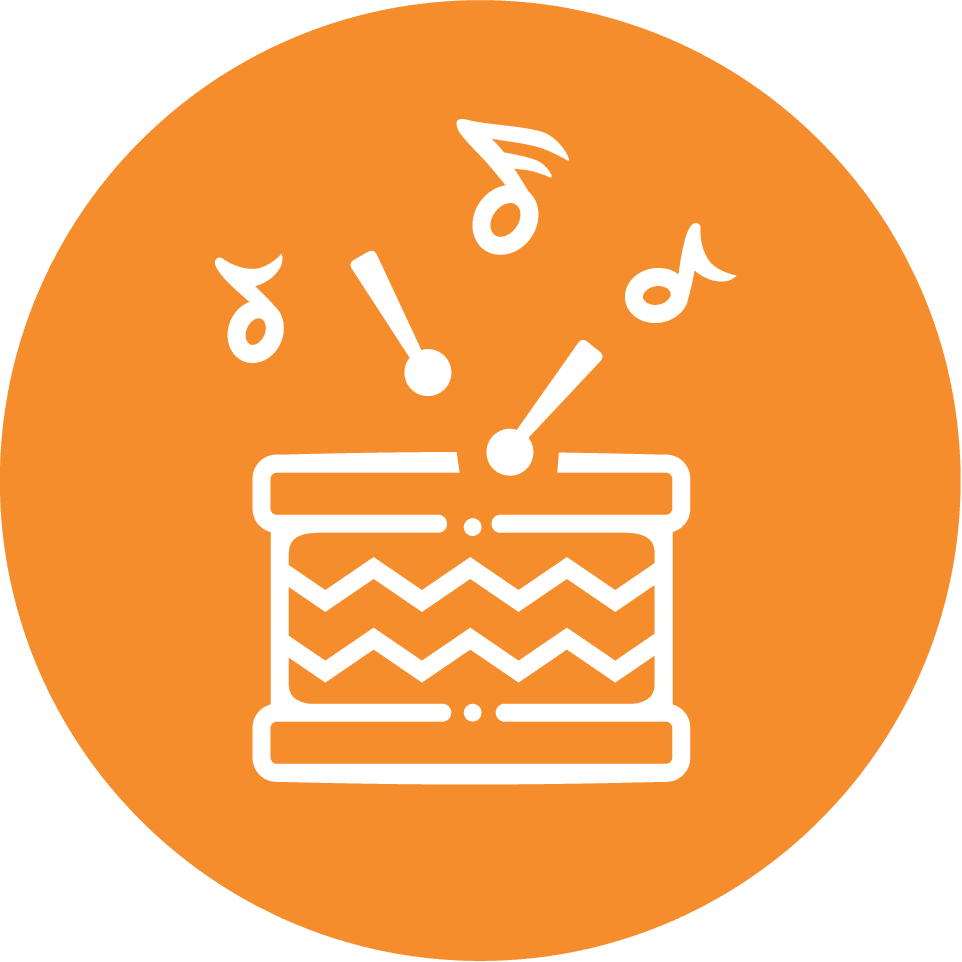
Pre-Kinder
2 Years–3.5 Years
Learning music in a supportive environment is how your child continues to build their confidence. Through musical play, your child shares ideas with other children and learns how to take turns. They get excited about showing you new sounds they can sing and play and take pride in retelling a musical story.
- Exploring instrumental sounds and communicating together through music
- Responding to the parent and teachers vocal play
- Playing a wide variety of percussive and pitched instruments (xylophones)
- Participating in the telling of musical stories through instrument and vocal play
- Singing and experiencing songs, learning local and international chants and rhymes
- Composing and identifying rhymes, beats, and everyday songs as a group to reinforce beat and rhythm
- Imaginative musical play through puppets and song
- Movement and Dance using sensory objects and instruments; scarves, ribbons, parachute, soft materials
- Musical games with actions, call and response, and instrument play
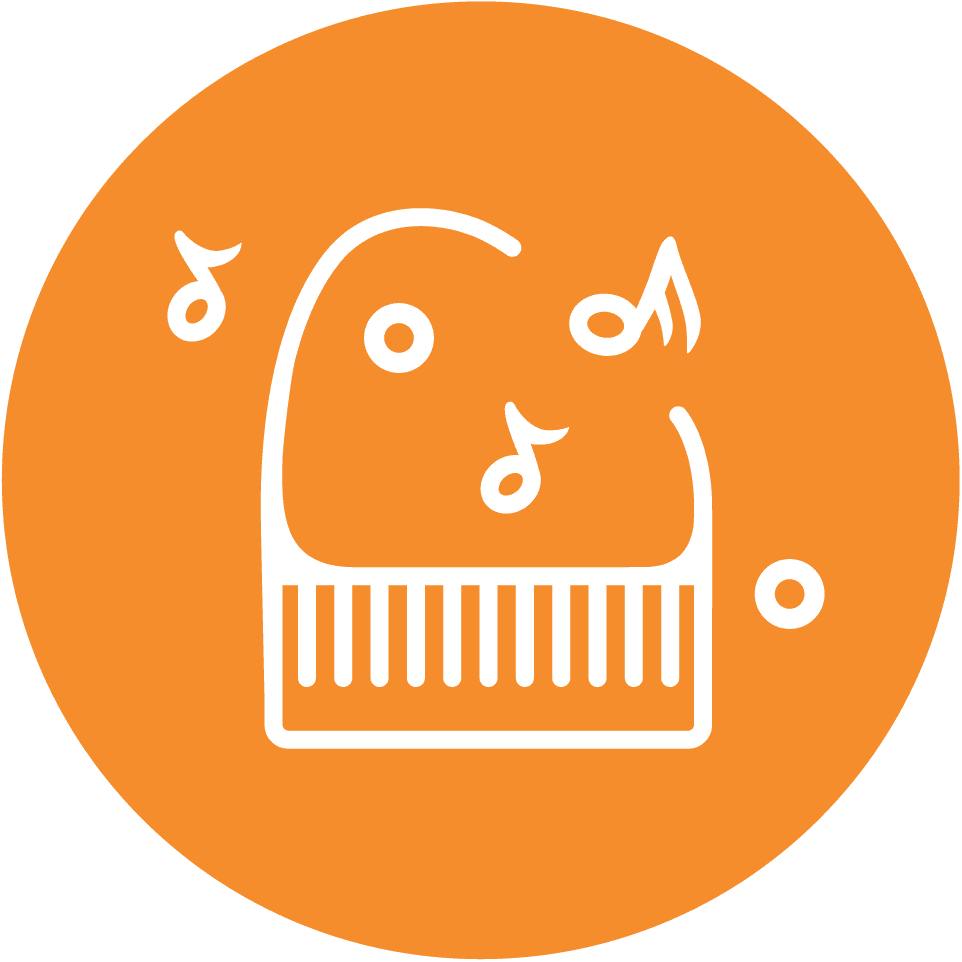
Kinder Children
3 Years–5 Years
Your children are curious about the world around them. They want to know the how’s and why’s of their world. Our Kinder aged classes support your child’s curiosity through programs aligned with the Early Learning Years Framework. Your child learns how to interpret the Elements of Music: keeping a steady beat, identifying a rhythm, playing a melody and singing and hand signing pitch.
- Participating in the telling of musical stories through instrument and vocal play
- Singing and experiencing songs, learning local and international chants and rhymes
- Composing and identifying rhymes, beats, and everyday songs as a group to reinforce beat and rhythm
- Imaginative musical play through Puppets and song
- Movement and Dance using sensory objects and instruments: scarves, ribbons, parachute, soft materials
- Musical games with actions, call and response, and instrument play
- Experimenting with sound through non-conventional sound sources sensory objects
- Discovering new musical sounds through playing instruments made of different materials: xylophones, chime bars, drums, bells, shakers, and wooden percussion
- Establishing team skills in ensemble playing. Learning music structure and how to play the parts of a song
- Reflecting and expressing the musical elements found in orchestral with movements using scarves, elastics, and various sensory materials
- Developing music reading skills, beginning with graphic notation symbols, sign language, and pictures to learn traditional music notation. Traditional music notation is gradually introduced alongside graphic notation to make strong associations with your child’s imaginative play-based learning.
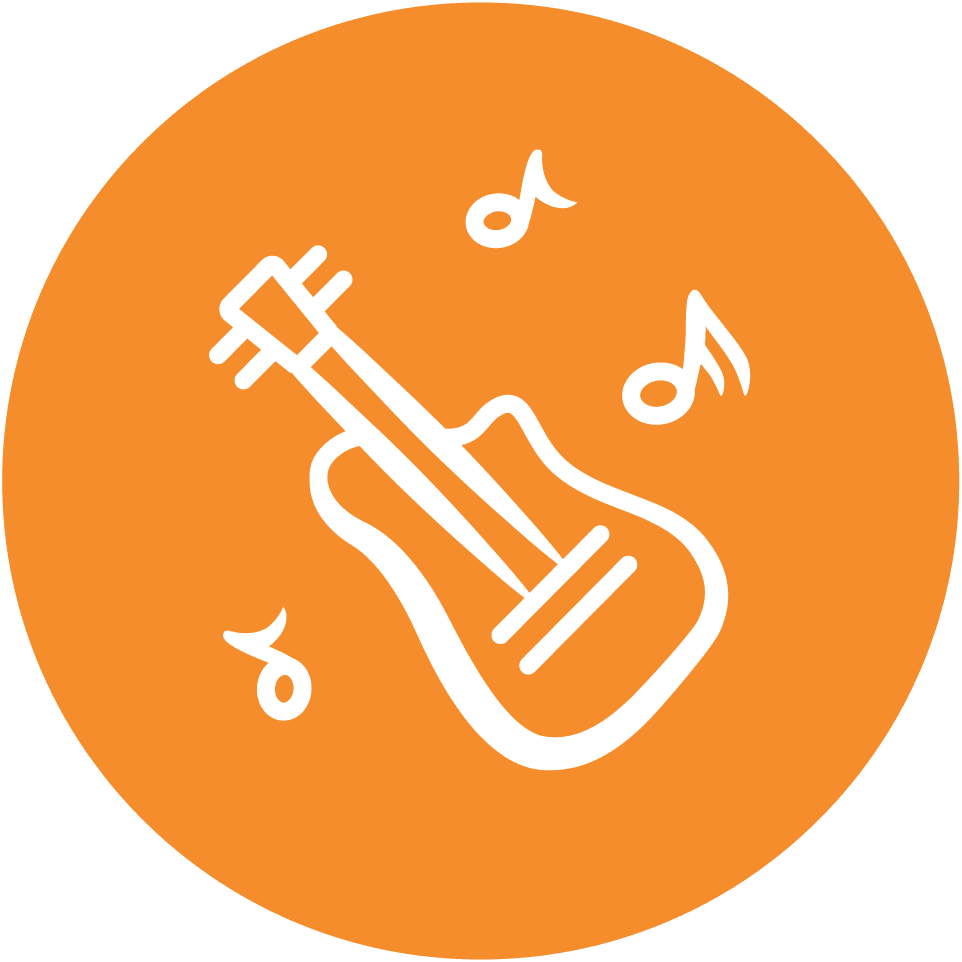
Why Learn the Xylophone?
The notes are visual, and the required motor skills to play the xylophone can be learned from a young age. The notes reflect the piano, and the melodies and harmonies establish a solid foundation in the skills needed to progress on the individual instrument of your choice. Plus, the xylophone is easily obtainable, accessible, and it’s fun to play in a group.
Primary Jam School
Small Group: Ukulele, Vocal & Percussion/Drumming
Open Age Primary
Have you thought about learning an individual instrument? Or would you like to develop the skills for making the transition to learning an individual instrument smoother?
We show your child how to identify the Elements of Music and teach them how to play in an ensemble while developing confidence in oneself and music.
- Learn to sing at pitch and how to transfer melodies to the xylophone in both major and minor keys
- Learning to play basic melodies and chords on the piano and ukulele. Children will also experience playing a huge range of percussion instruments.
- Identifying and understanding duration, pitch, structure, dynamics, and tone colours in live and recorded music. Learning how to read traditional and graphic music notation.
- Understanding the Elements of Music through listening and embodying sound in movement, gesture, imaginative play, games, and visuals
- Learning how to play in an ensemble and understanding why sounds are used in particular ways
- Concert in June and December
1. Individual instrumental lessons on request
3. Group/Private Music Theory classes
4. NDIS
5. School Incursions
6. Holiday Program – April to December
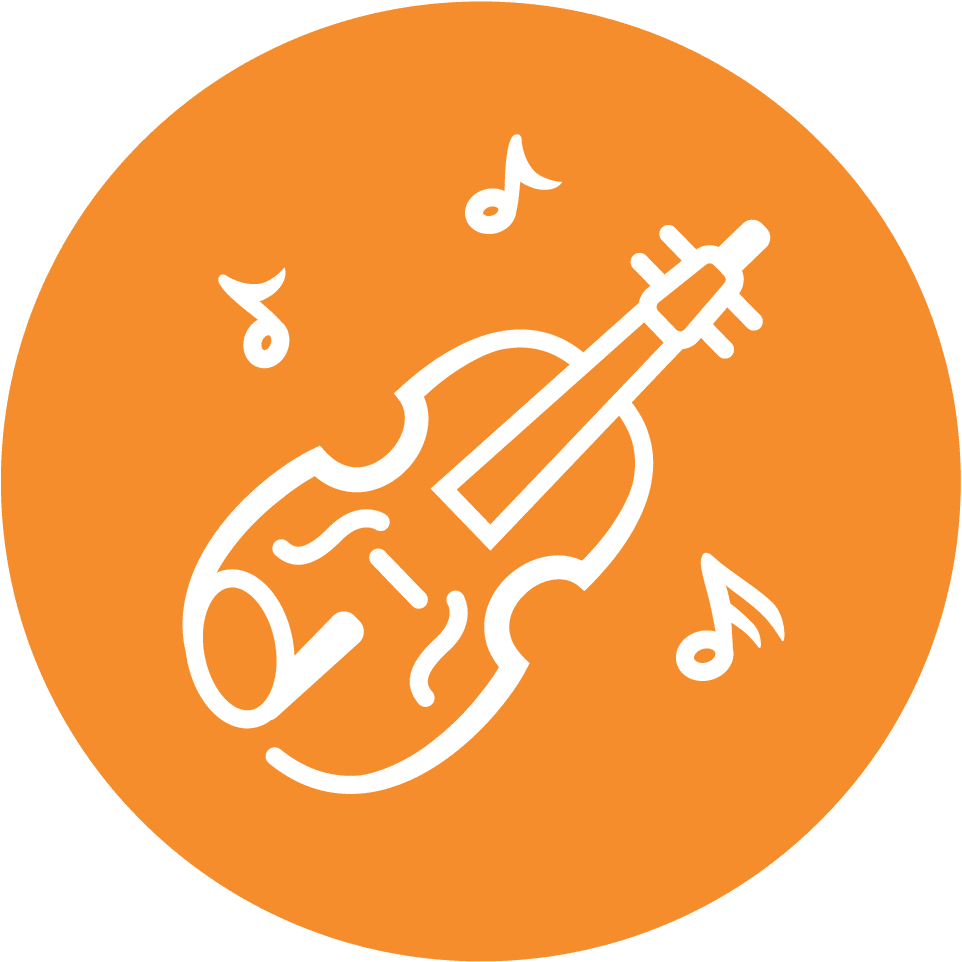
Visionary Voices
Community Choir
- All inclusive community choir led by the talented Bonnie Smith
- No experience needed, no audition! All are welcome!
- We practice good vocal techniques, breathing, rhythm, exercises, creative improvisation, & singing in harmony
- Thursday evenings – 6:30pm – 7:45pm
- $20 casual classes. Discounts for term passes
- Bookings Contact: [email protected]
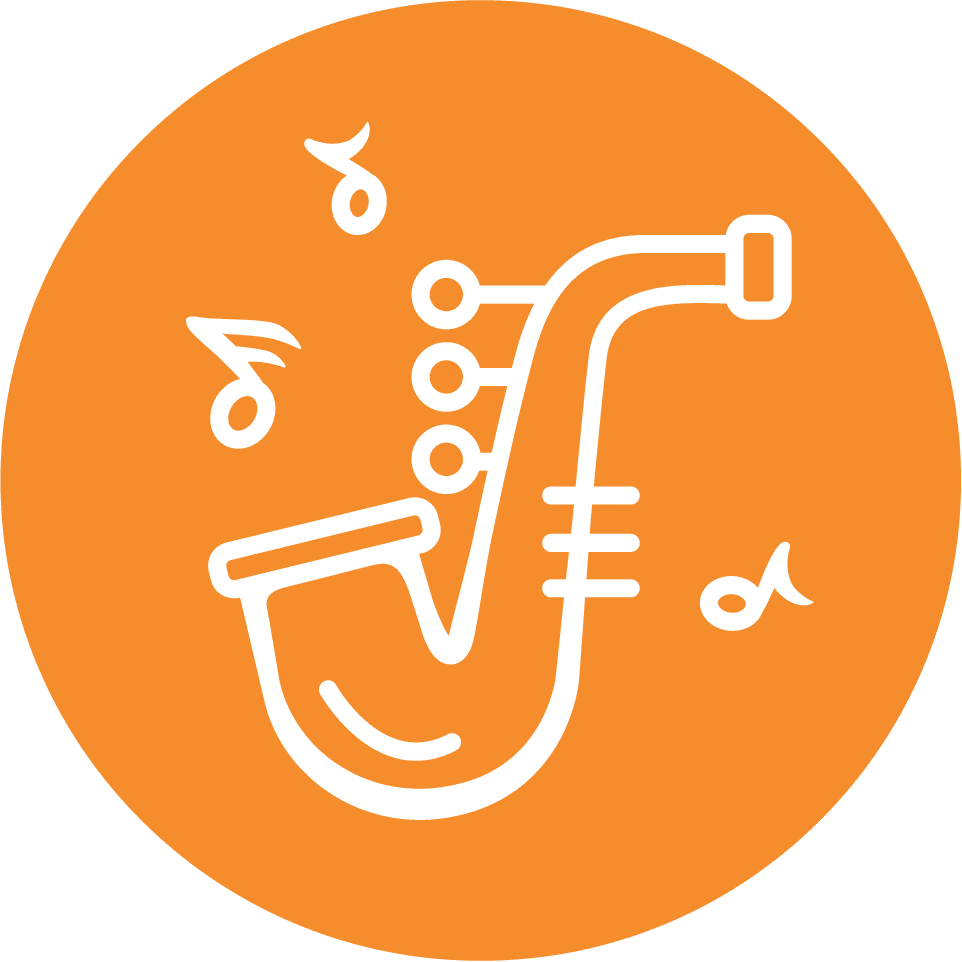
Looking to Share Your Passion for Music With Your Child or Learn a New Instrument?
Get Started Today By Reaching Out and Talking to Tanya!
